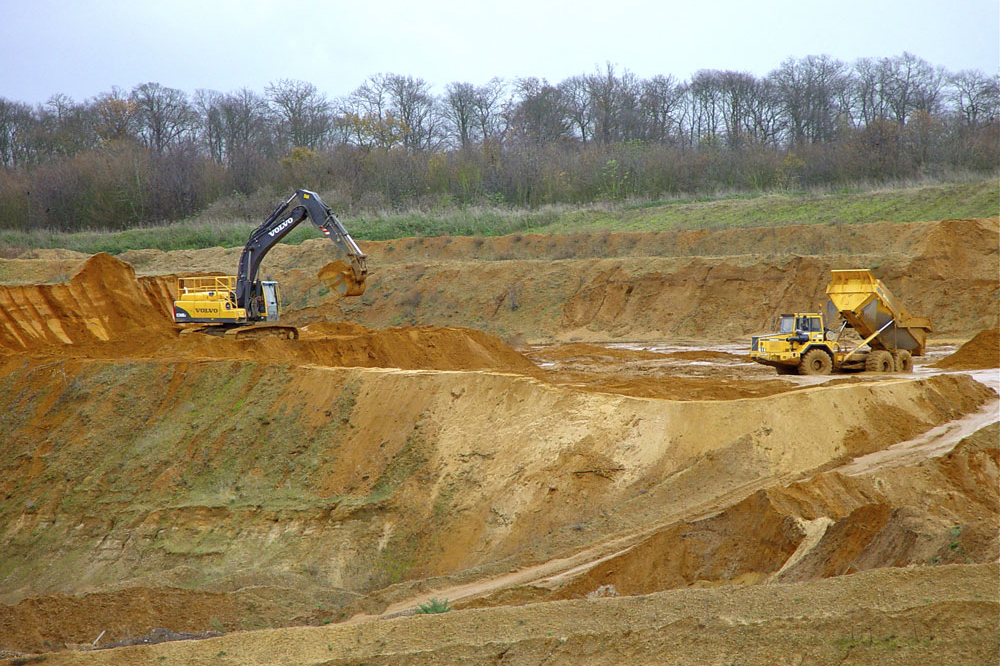Supply and Demand – Now and in the Future

The mineral extraction industry is a significant part of the UK economy. What we do shapes the way of life we all know and enjoy. Minerals are essential, representing the largest material flow in the economy, but the omnipresent availability of important minerals should not be taken for granted.
We are now facing a very real threat to the mineral planning system because of the UK’s diminishing landbank of minerals. At a time when the Government is supporting some of the largest infrastructure projects in living memory, with more in the pipeline, mineral reserves are depleting. If there is a marked increase in volume needed to support major projects such as HS2, Crossrail 2 and the proposed Northern Powerhouse Rail, then demand may not be able to be fulfilled. As much as there is growing academic and practical interest in the circular economy and technology such as 3D printing, it seems unlikely that the rise of these opportunities will emerge fast enough to meet the immediate market need.
Therefore, in the immediate term, identifying the perceived threats to the mineral planning system requires a holistic approach, involving industry, mineral planning authorities and mineral planning consultants. We all have an important part to play in the complex command chain that converts reserves into usable materials to satiate the ever-growing demands of end-users.
Local v national
In February IQ is running the second in its series of informative ‘Lunch and Learn’ webinars. ‘Mineral Planning – Current Threats’ is presented by Spencer Warren from Heaton Planning and looks at planning issues surrounding the safeguarding of surface and underground mineral resources, based on current planning policy and guidance.
It is a timely reminder of one of the key issues facing our sector. There is a delicate balance to be achieved between national strategic need and the role played by local politics and its impact upon supply. As we are all acutely aware, real discrepancies exist between different parts of the country, given the very different approaches taken at a local level. Take Leicestershire; it is a net exporter of minerals, whilst Buckinghamshire has ceased sand and gravel operations. At a local level, these are important strategic issues when it comes to mineral resource planning. Such conflicts also exist in parallel industries such as waste, water and energy generation, among others. As professionals, what could we learn from these sectors?
As operators it is vital that we continue to engage positively with our local stakeholders. Listening to concerns and ideas is of paramount importance, and taking the opportunity to reaffirm the value of what we do and how what we produce shapes our world. I advocate using our two ears and one mouth in the ratio that is naturally apparent.
The value that we add to communities at the end of extraction operations is becoming both increasingly high quality and, therefore, more widely recognized. Rehabilitated quarries feature as some of the most popular destinations for thrill seekers and nature lovers alike. Penrhyn Slate Quarry, near Bethesda, in North Wales, is now home to Zip World Velocity, the fastest zip line in the world and the longest in Europe. And CEMEX UK’s East Leake Quarry was visited by thousands of birdwatchers last year, hoping to catch a glimpse of a rare European bee-eater.
If we are unable to supply the exciting infrastructure and housing projects that are forthcoming it is, by definition, unsustainable. We must work with all our national and local stakeholders to ensure the continuity of supply of quality aggregates – immediately from new, strategic reserves and in future in ways we have probably not yet considered.


